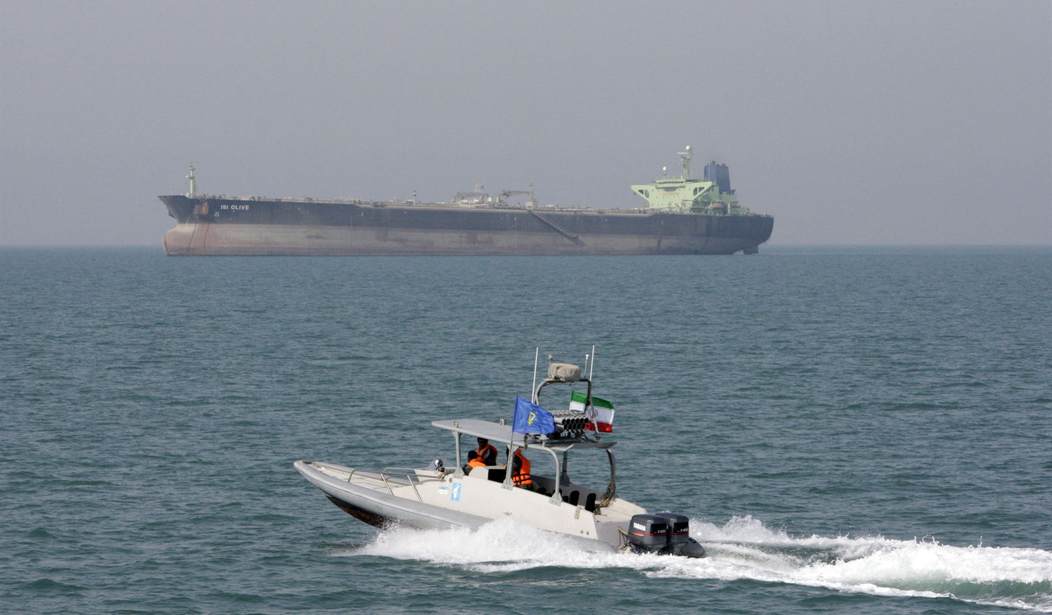Britain's Royal Navy will now escort every British-flagged ship passing through the Strait of Hormuz to pre-empt future Iranian attacks on British merchant ships in the area.
The move, launched under the new Boris Johnson prime ministership that started on Wednesday, comes after Iran in the last several weeks attacked or seized several oil tankers traveling through the Strait of Hormuz, a vital sea lane through which a considerable portion of the world's oil supply travels through.
"The Royal Navy has been tasked to accompany British-flagged ships through the Strait of Hormuz, either individually or in groups, should sufficient notice be given of their passage," a British government spokesman said, according to The Guardian. "Freedom of navigation is crucial for the global trading system and world economy and we will do all we can to defend it."
The British frigate HMS Montrose, stationed in the Middle Eastern sea lane, will be tasked with the convoy duty, according to the BBC. The ship has already provided protection to a British ship on July 11 when it positioned itself between a tanker and suspicious Iranian boats that "tried to intercept" the ship, the BBC reported.
The British decision comes amidst periods of high tension between the United Kingdom and Iran. The United Kingdom seized an Iranian ship that it suspected was transporting oil to Syria in violation of international sanctions on July 4. The Iranians vowed revenge against the seizure; soon after, the Revolutionary Guard seized a British-flagged ship traveling through the strait on July 19.
The firm that owns the British-flagged ship confirmed that all of its crew members, none of whom are actually British, are alive five days after Iran captured it, according to the BBC.
Recommended
Iran's government signaled that it wants to de-escalate the situation on Wednesday when President Hassan Rouhani suggested that it might release its hostage ship once Britain lets go Iran's oil tanker, The New York Times reported.
Iran is also suspected of several other attacks and seizures of oil ships that have passed through the Strait of Hormuz. The country has also captured a ship based in the U.A.E. last week and was accused of attacking two oil tankers owned by the Japanese and the Norwegians, respectively, in June.
In response to the growing threats to the sea lane, the United States and Europe have separately launched plans for a multilateral naval coalition to guarantee safety in the geopolitically crucial waters.
The British convoy mission in the strait is meant to be a stop-gap measure until these international initiatives are launched. The U.S. Secretary of State Mike Pompeo has said that it "falls to the United Kingdom" to free the captured British ship.
Bloomberg reported that Europe is reluctant to join forces with the United States as the United States' "maximum pressure" strategy does not align with the E.U.'s hope for a less confrontational approach to Iran.

























Join the conversation as a VIP Member